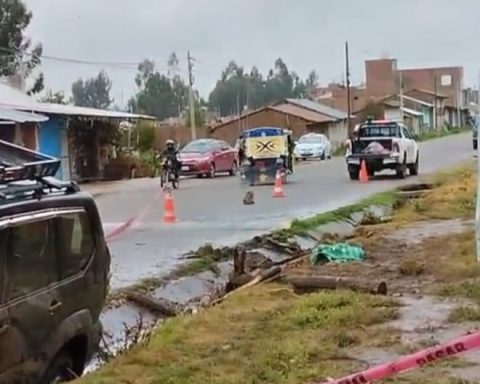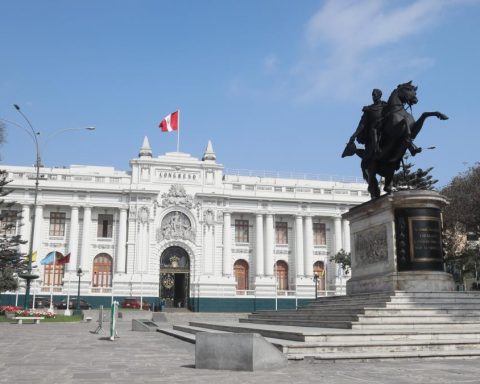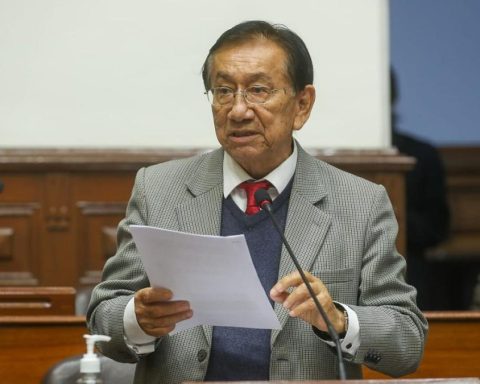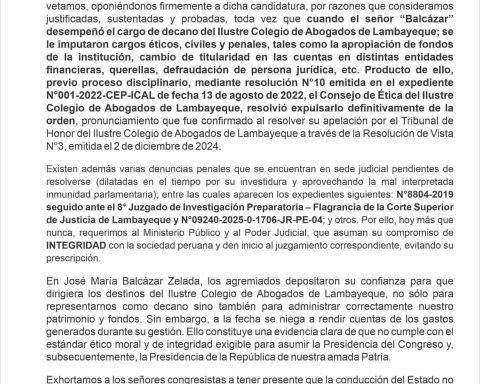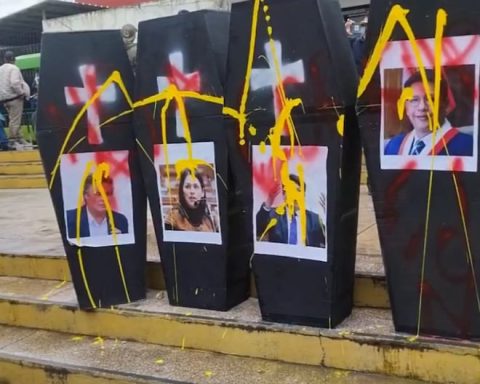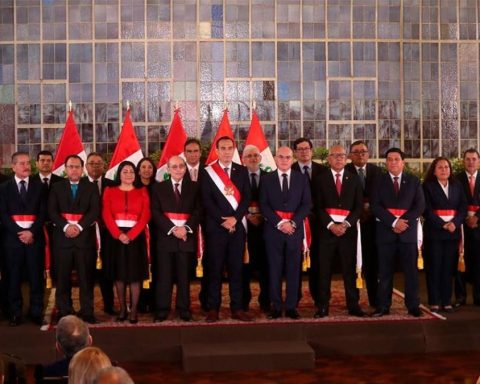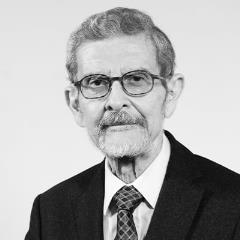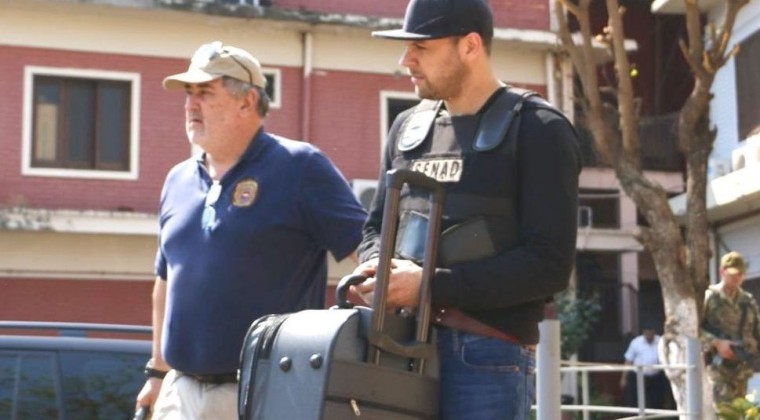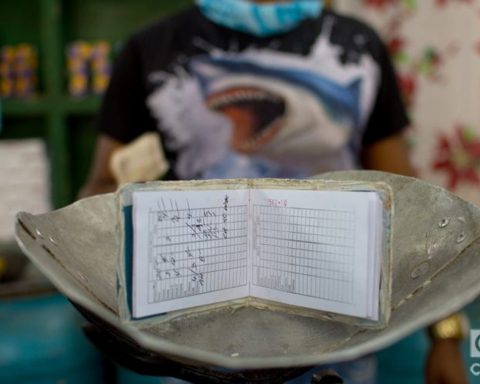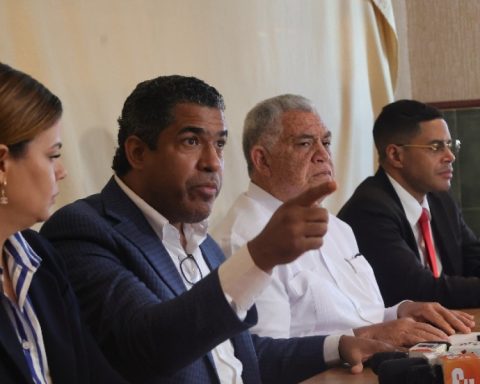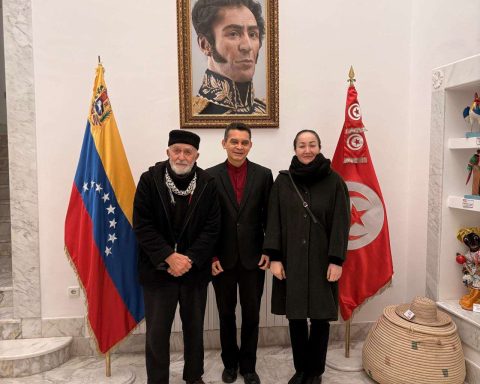Have you decided what? career or specialty follow, continue? Anesthesiology is a medical specialty with high demand in the country and in the world, which requires a lot of skill and is of great importance when performing an intervention safely. Do you know how much they earn?
MORE INFORMATION: The five new careers that will be most requested by companies in the coming years
The president of the Peruvian Society of Anesthesia, Analgesia and Resuscitation, Catherine Suárez Agoavil, told the Andean agency that it is a specialty with wide demand, in which the professional is in charge not only of sedating the patient and putting him to sleep, but also goes much further. Do you want to know what it is about?
WHAT IS AN ANESTHESIOLOGIST AND WHAT IS HIS ROLE?
The anesthesiologist or anesthesiologist is a doctor with 10 years of training, 7 in undergraduate general medicine and another three years of specialty. She is in charge of pain management before, during and after any intervention. “It is not just about the professional who is in charge of putting the patient to sleep”, clarifies the president of the Peruvian Society of Anesthesia, who emphasizes that function is key to a safe surgical act. Her work begins when the patient arrives in the operating room, which is almost always in fear, to reassure him; It is also responsible for monitoring his vital signs during the operation. It controls your breathing, your heart rate, blood pressure and anesthetizes you.
HOW MUCH DOES AN ANESTHESIOLOGIST EARN?
One of the best paid specialties is anesthesiology, due to the demand. In Peru, in a public hospital your salary can be S / 6,000, as non-covid doctors earn; but if it is part of the staff of a large private clinic, it can reach S / 17,000.
WHAT IS THE DEMAND FOR ANESTHESIOLOGISTS IN PERU?
In Peru there is a shortage of anesthesiologists. There are just over 2,600 and more than 50% work in Metropolitan Lima, so other cities and provinces of the country require these professionals. Most work in hospital surgical centers, which have three main areas: the pre-anesthetic office, operating room and post-anesthetic recovery units.
Working market
The labor market for this specialty is vast because, in addition to being needed in the different provinces of Peru, it is required in other areas, such as:
- Public and private surgical centers.
- For private surgeries in small clinics, where each surgeon hires his own anesthesiologist.
- Resonance centers (in some cases sedation is used).
- Endoscopic procedure rooms of large clinics.
- Dental centers (sedate children or people who do not want to feel pain from orthodontics).
- Hemodynamic Centers.
- Radiodiagnosis centers (manage pain units).
- Plastic surgery.
- palliative care
HOW LONG DOES THE SPECIALTY IN ANESTHESIOLOGY BE STUDIED?
The specialty of anesthesiology lasts three years. Those who graduated in medicine can apply to the calls that each study house makes once a year at the national level.
WHERE CAN I STUDY TO BECOME AN ANESTHESIOLOGIST?
This specialty is taught in the following universities:
Metropolitan Lima
- National University of San Marcos.
- Federico Villarreal.
- Cayetano Heredia Private University.
- San Martin de Porres University.
- Southern Scientist.
Provinces:
- San Agustin University of Arequipa
- San Antonio de Abbot of Cusco.

